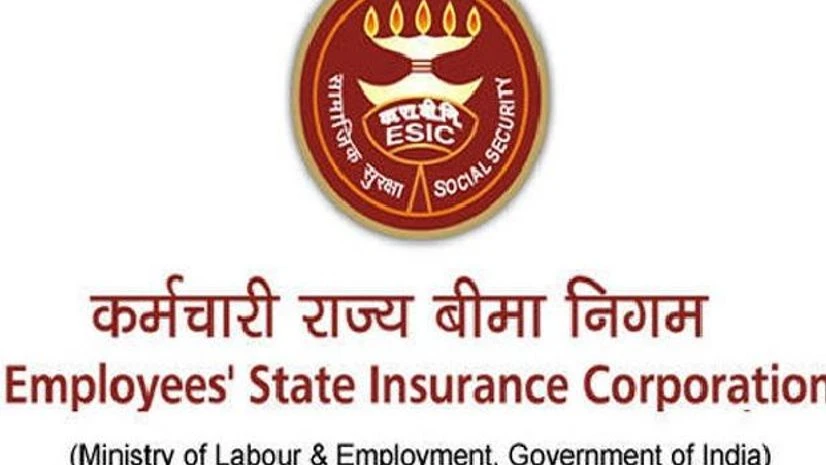The Parliamentary Standing Committee on Labour has told the Employees’ State Insurance Corporation (ESIC) to review its investment policy annually “without fail.”
This comes as interest received by the social security body from government bonds has seen a decline in the past few years.
The committee noted that the interest received on government securities, which includes government bonds and state developmental loans, declined to Rs 4,711 crore in 2021-22 from Rs 5,115 crore in 2020- 21.
Similarly, the interest received on bank fixed deposits and special deposit accounts (SDA), declined to Rs 1,290 crore in 2021-22 from Rs 4,075.48 crore in 2019-20. It includes fixed deposits (FD) of scheduled commercial banks and ‘AAA-rated’ public sector undertakings (PSUs) bonds.
“The committee notes that PSU bonds may carry credit risk and there is a decreasing trend in interest received in the last few years. The labour ministry has, however, stated that none of the investments in ESIC’s portfolio has seen a downgrade or default till date. Nevertheless, mainly on account of the downward trend in interest money received, the committee suggests that the investment policy should be reviewed annually without fail,” the committee noted in its report.
Till February 2023, the total investment amount of the ESIC was more than double in the last six years at approximately Rs 1.33 trillion from around Rs 60,000 in March 2017.
Of its total investment, ESIC had invested close to Rs 84,118 crore (74 per cent) in government securities (G-sec, state development loans, government guaranteed and government serviced bonds), Rs 23,401 crore (21 per cent) in ‘AAA-rated’ PSU bonds and around Rs 6,330 crore (5 per cent) in short-term debt instruments.
More From This Section
Earlier in December 2022, the ESIC had decided to invest its surplus funds of 5-15 per cent in equities through exchange-traded funds (ETFs) only as long-term investments.
Besides, the committee also expressed concern that neither the labour ministry nor ESIC is fully geared to provide extended coverage as envisaged under the Code on Social Security, 2020.
The ESI corpus is funded through contributions amounting to 4 per cent of the salary of workers earning up to Rs 21,000 a month, with 3.25 per cent of the salary contributed by employers and the balance deducted from employees’ wages. As of 2021-22, there were 31 million insured persons and close to 120 million beneficiaries under the ESI scheme.
)
)

)
